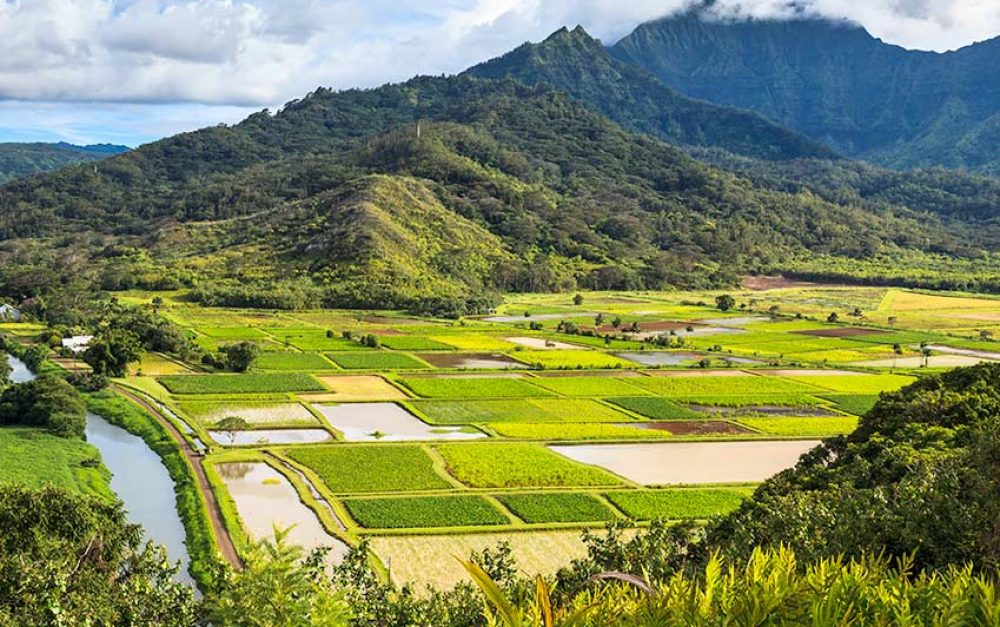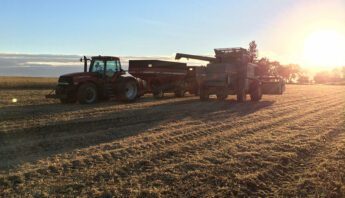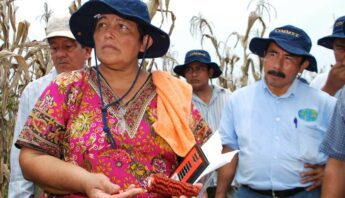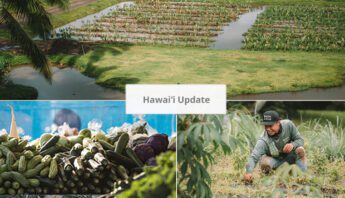Tiare Lawrence is a native Hawaiian community leader who focuses on environmental and Hawaiian rights on Maui.
This conversation is part three in our “Voices from the Frontline” blog series that tells stories of how pesticides and industrial agriculture directly affect the lives of people across the country.
Tiare Lawrence is a native Hawaiian community leader who focuses on environmental and Hawaiian rights on Maui. She worked with PAN in 2017 as an on-the-ground organizer to drive our work to protect children and communities from pesticide drift and support clean air and water on the islands. Tiare brings to her work a deep and personal understanding of the impacts of industrial agriculture on local communities.
Pesticide Action Network: How does industrial agriculture affect your life and your community as a whole?
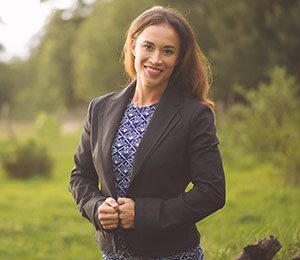 Tiare Lawrence: Industrial agriculture in Hawai‘i is the reason we lost our sovereignty. Five sugar barons overthrew our sovereign nation and imprisoned Hawai‘i’s reigning monarch Queen Lili‘uokalani in her own palace, threatening war and bloodshed on Her people and ultimately forcing the annexation. Industrial agriculture resulted in water theft from rural communities, leaving over 115 streams bone dry in East Maui alone. Generations of families were forced to leave their homelands, stop using their native language, and could no longer practice their culture.
Tiare Lawrence: Industrial agriculture in Hawai‘i is the reason we lost our sovereignty. Five sugar barons overthrew our sovereign nation and imprisoned Hawai‘i’s reigning monarch Queen Lili‘uokalani in her own palace, threatening war and bloodshed on Her people and ultimately forcing the annexation. Industrial agriculture resulted in water theft from rural communities, leaving over 115 streams bone dry in East Maui alone. Generations of families were forced to leave their homelands, stop using their native language, and could no longer practice their culture.
My family was directly impacted, our lands stolen, our language almost lost. Today the same companies continue to exploit our natural resources for corporate profit.
PAN: What kinds of food system policy changes could help protect the health of children in rural communities in Hawai‘i ?
TL: We could start by funding the Regional Nutrient Cycling Center project, which aims to build healthy soil and lower the cost of farming inputs; regenerative agriculture requires ongoing and diverse soil fertility strategies. Manufacturing biochar, cultivating effective microorganisms, utilizing compost and other necessary soil fertility amendments will help reduce the need for pesticides.
PAN: What policies would best support a transition to farming that’s less reliant on hazardous pesticides?
TL: Creating more farm-to-school programs in Hawai‘i that teach kids how to farm sustainably and use regenerative agriculture techniques. This would help raise awareness of the problems with industrial agriculture and create a new generation of farmers.
PAN: What kind of work is happening in your community to restore food sovereignty and traditional food ways, and how can non-Hawaiians best support this work?
TL: Last year Maui’s county council purchased 260 acres on the North Shore to create an organic agriculture park. Right now the community is coming up with a vision and a plan for the property. The best way people from the continent can support us is to send in testimonies and sign petitions for legislative bills we are working on. Visitors from the continent can also help by shopping locally and supporting our restaurants that use primarily local ingredients.
PAN: What is your ideal vision of a just, healthy food system?
TL: My ideal vision is to implement the ways of our kupuna (ancestors). They utilized the ahupua‘a system, a land and sea tenure system that organized local communities and resource systems. Typically an ahupua‘a encompassed an entire watershed from mountain to sea. The success of the ahupua‘a system was enabled by a high level of sophistication and complexity of knowledge developed by kanaka maoli (Native Hawaiians). Strict rules for resources were enforced such as rotating closures of local fisheries, regulating water use, and harvesting and planting with the moon calendar. This system was designed to ensure a constant supply of materials and resources.
Read about farmer Patti Edwardson and activist Claudia Angulo from the Voices from the Frontline series.



